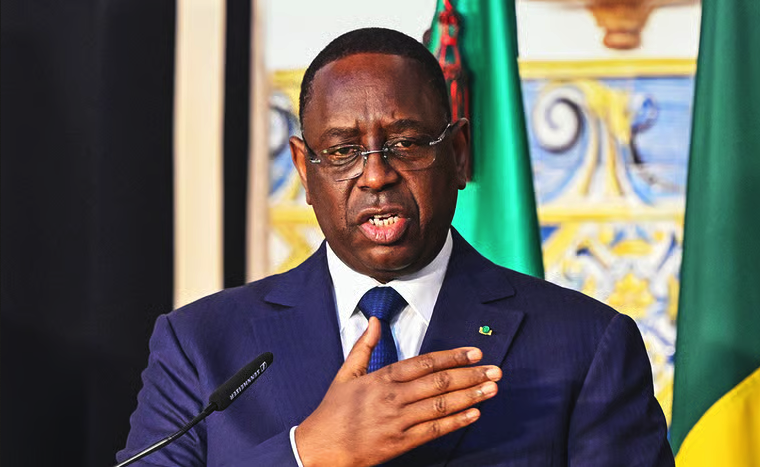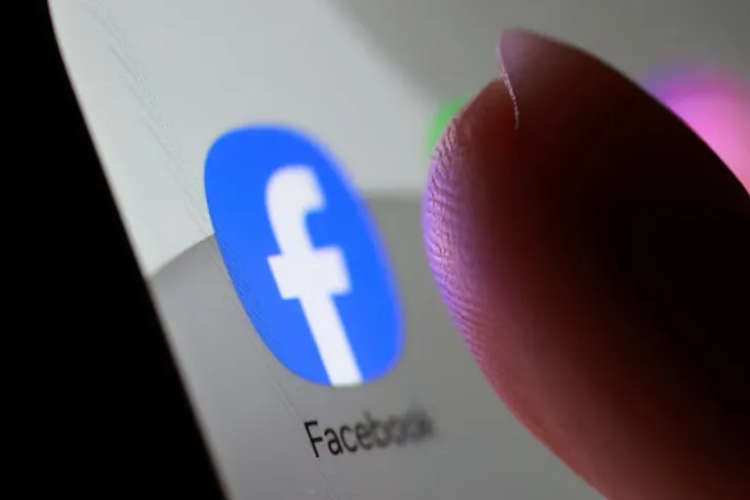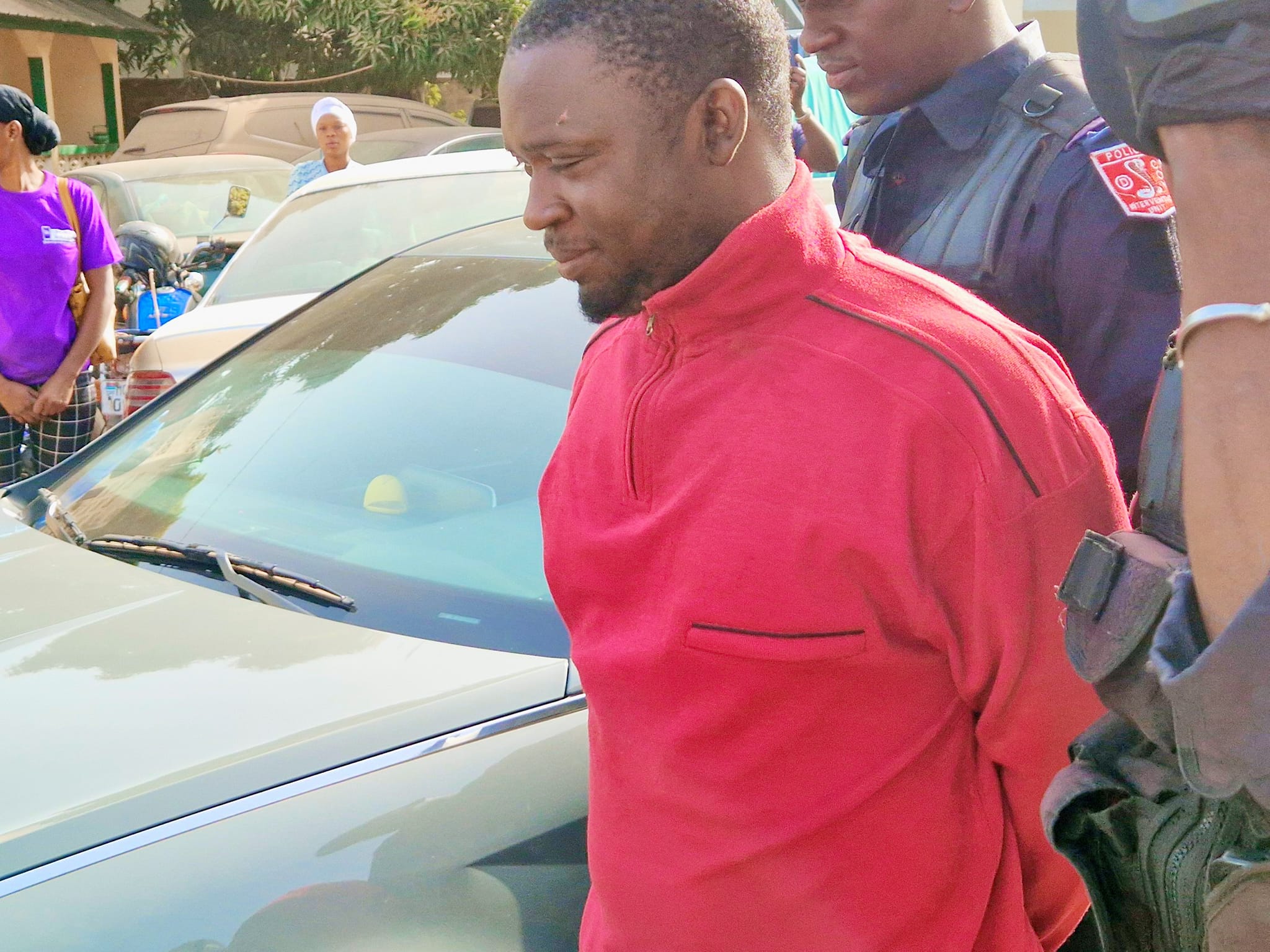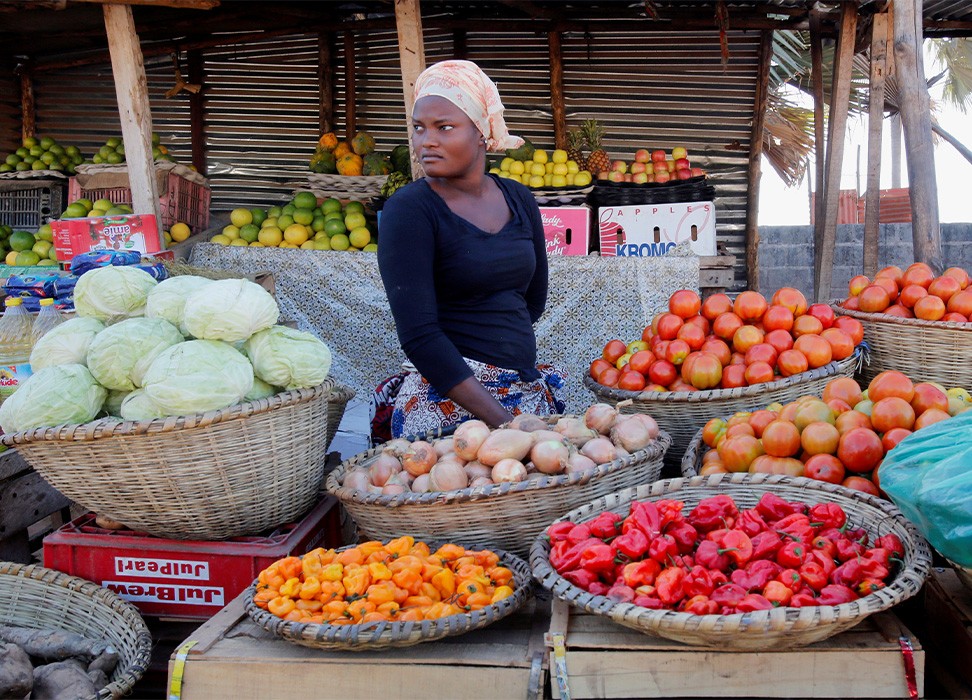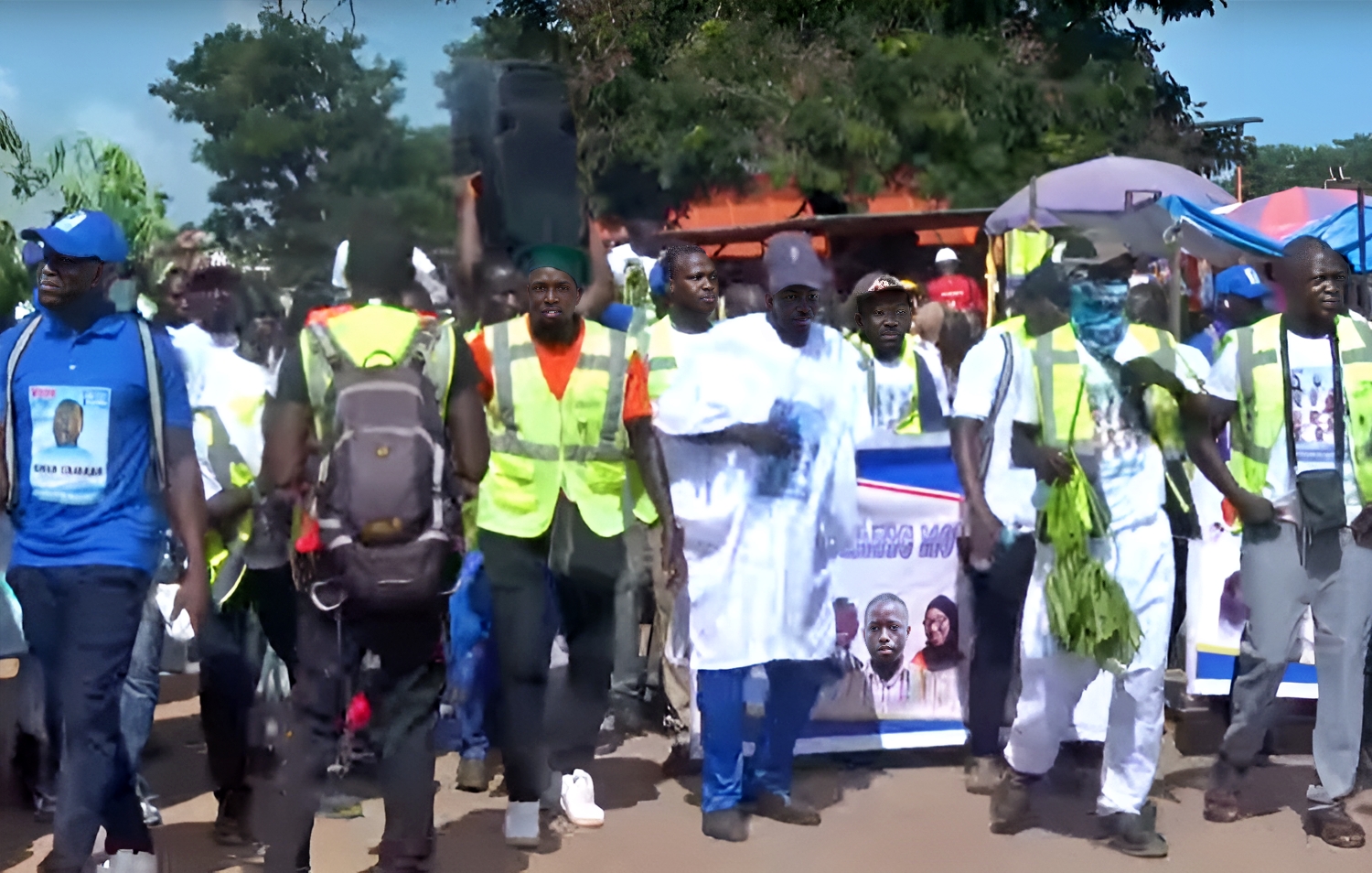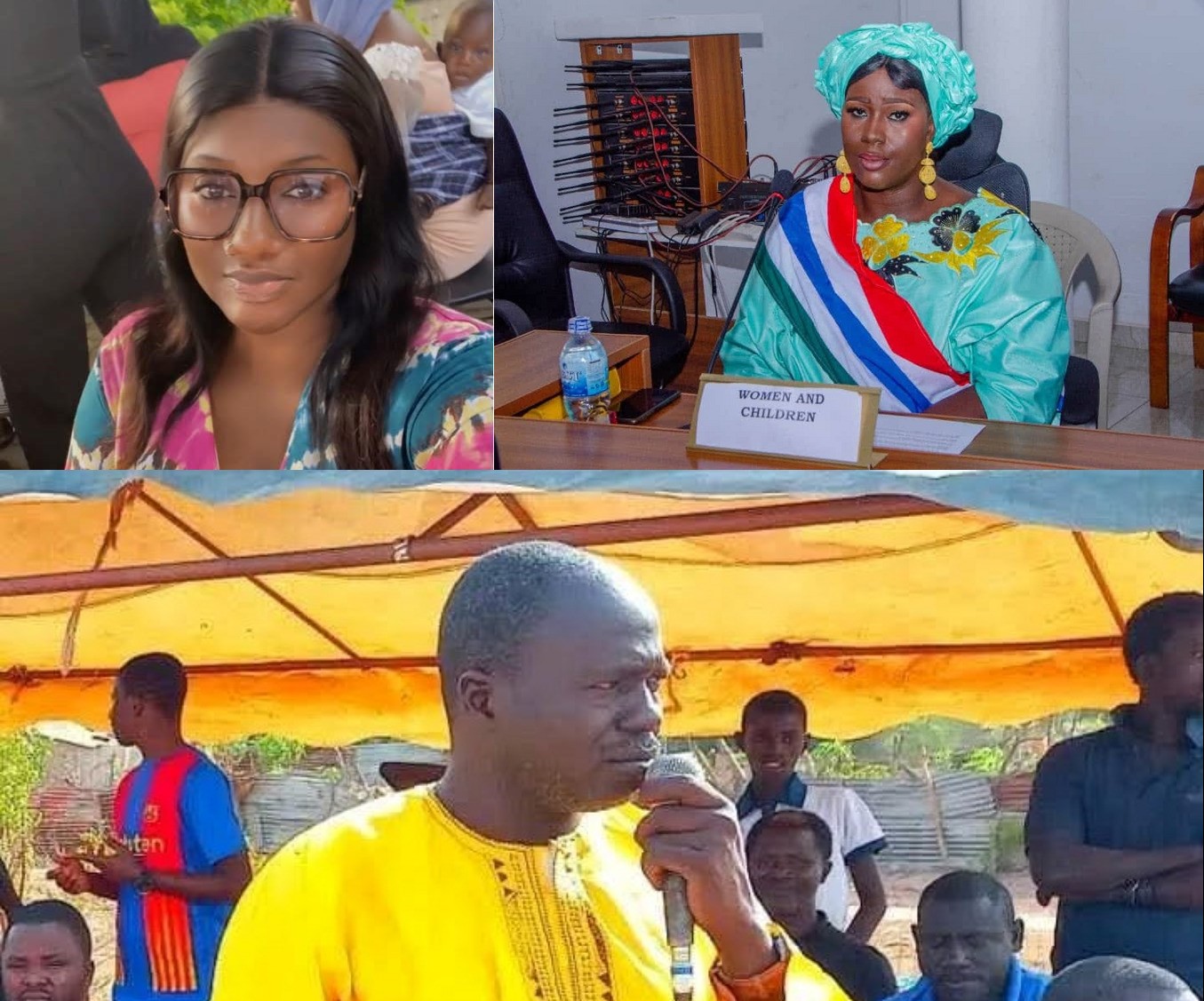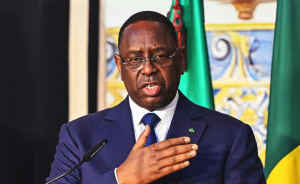Gambiaj.com – (BANJUL, The Gambia) – The United Democratic Party (UDP) is facing a mounting internal storm as high-profile resignations and militant backlash expose deep-seated tensions over the party’s direction following the re-selection of Ousainou Darboe as its 2026 presidential candidate.
In less than a week, at least three senior figures — Bai Mbye Sarr, Vice Chairman for the North Bank Region; Matty Kanyi, KMC Regional Deputy Campaign Manager; and Maimuna Gaye, a co-opted National Executive Committee member — have resigned, citing reasons ranging from personal conviction to disenchantment with the UDP’s current trajectory.
While Sarr’s resignation was couched in polite, conciliatory terms, both Kanyi and Gaye issued sharper rebukes, accusing the party of drifting from its founding ideals of democracy, transparency, and inclusivity.
The timing of these departures, just after Darboe’s confirmation as flagbearer, has intensified speculation that the resignations are less about individual grievances and more about broader disillusionment with the leadership’s refusal to embrace generational change.
The reaction from the grassroots has been even more telling. On the party’s WhatsApp forums, angry militants unleashed a torrent of insults at those who quit, branding them “traitors” and accusing them of sabotaging the UDP at a critical juncture.
The hostility also spread to figures still within the party. Deputy National Organizing Secretary Ebrima Dibba, widely seen as close to Talib Bensouda, became a lightning rod for accusations of orchestrating defections — with some militants falsely claiming he had also resigned.
Darboe, visibly aware of the damage such public infighting could cause, moved quickly to tamp down tensions.
In remarks addressing the speculation, he reaffirmed Dibba’s status in the party and urged militants to show respect even to those who have departed.
“Dibba has not resigned. He is still in the UDP party,” Darboe stated, stressing the need for unity. “Some may insult him, but they have not done anything close to what he has done for the UDP. If anyone left the UDP, no one should cut ties with that person… They should not insult anyone. If not, if we are to meet again, it will be difficult to look at that person.”
Yet Darboe’s conciliatory tone highlights a stark reality: his party’s base remains divided over his continued leadership and what many see as the stifling of a generational shift.
For months, speculation had swirled that the UDP might elevate younger leaders such as Talib Bensouda as part of a broader renewal effort. Instead, the reaffirmation of Darboe’s candidacy appears to have triggered a backlash among top executives who view the decision as a retreat from reform.
For now, the resignations continue, the militants remain agitated, and the party’s public image is at risk. Whether Darboe’s calls for restraint can halt the exodus — or whether they come too late to stem a simmering revolt — may well define the UDP’s prospects ahead of the 2026 polls.



